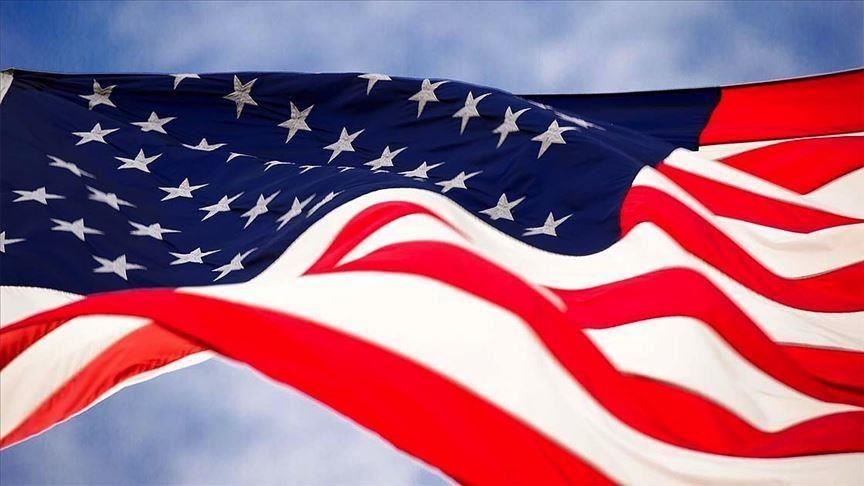US regrets foreign interference in Libya's economy
US Embassy warns against undermining Libya’s economy

ANKARA
The US Embassy in Libya on Monday regretted foreign interference in the Libyan economy.
"After several days of intense diplomatic activity aimed at allowing the National Oil Corporation [NOC] to resume its vital and apolitical work as a way of defusing military tensions, the US Embassy regrets that foreign-backed efforts against Libya’s economic and financial sectors have impeded progress and heightened the risk of confrontation," the embassy said in a statement.
It noted that incursions by Russian Wagner mercenaries against NOC facilities and conflicting messages conveyed by warlord Khalifa Haftar's militia "hurt all Libyans striving for a secure and prosperous future."
On Sunday, the NOC accused the United Arab Emirates (UAE) of instructing Haftar’s forces to disrupt the country’s oil output and exports.
The NOC said oil production has been halted, referring to a recent statement by Haftar saying that output would continue to be interrupted if certain conditions were not met.
It added that oil exports had resumed on July 10 but Haftar’s forces ordered a blockade on exports on July 11 and stepped back from negotiations.
"Illegal obstruction of the long-overdue audit of the banking sector further undermines the desire of all Libyans for economic transparency," the embassy said. “These disappointing actions will not deter the embassy from its commitment to work with responsible Libyan institutions, such as the Government of National Accord [GNA] and the House of Representatives [HOR]."
The embassy expressed determination to continue to work "to protect Libya’s sovereignty, achieve a lasting ceasefire, and support a Libyan consensus on the transparent management of oil and gas revenues."
It warned that "those who undermine Libya’s economy and cling to military escalation will face isolation and risk of sanctions."
"We are confident the Libyan people see clearly who is prepared to help Libya move forward and who instead has chosen irrelevance," the embassy added.
Oil production has almost come to a standstill in Libya after pro-Haftar groups shut down oil facilities in eastern parts of the country in January to squeeze resources of the UN-recognized Libyan government.
Libya, with the largest oil reserves in Africa, can produce 1.2 million barrels of crude oil per day. But production has fallen below 100,000 barrels a day due to the interruptions by the pro-Haftar militias over the past six months.
Since April 2019, Haftar's illegitimate forces have launched attacks on the Libyan capital, Tripoli, and other parts of northwestern Libya, resulting in more than 1,000 deaths, including those of women and children.
But the Libyan government has recently achieved significant victories, pushing Haftar’s forces out of Tripoli and the strategic city of Tarhouna.
The country's new government was founded in 2015 under a UN-led agreement, but efforts for a long-term political settlement failed due to a military offensive by Haftar, who has been backed by France, Russian paramilitary group Wagner, the United Arab Emirates and Egypt.
The UN recognizes the Libyan government headed by Prime Minister Fayez al-Sarraj as the country's legitimate authority.
Anadolu Agency website contains only a portion of the news stories offered to subscribers in the AA News Broadcasting System (HAS), and in summarized form. Please contact us for subscription options.







